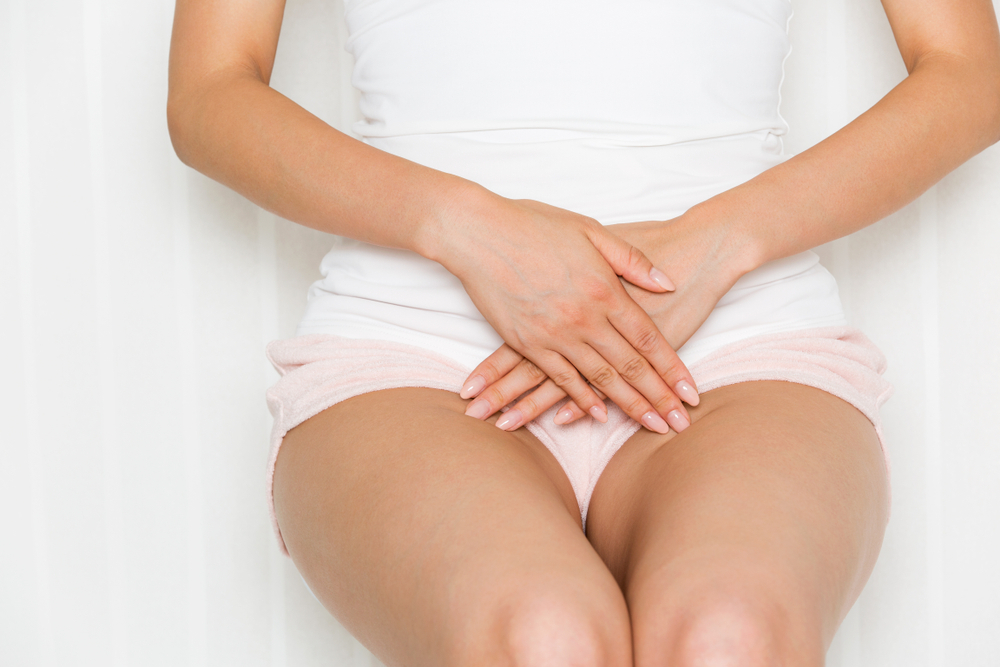
Our body goes through many changes as we age, but we can slow down the aging process. We have the ability to reverse some of the things that have happened as a result of maturing.
The reality is that 15% of all women suffer from a leaking bladder. We call it stress urinary incontinence and that is the involuntary loss of urine with physical activity, such as laughing, jumping, coughing…and you leak! I do not like cover-ups and I do not like the idea of wearing adult diapers for this issue- it is just a “bandage.”
What happens in the body to cause bladder control problems? The body stores urine in the bladder. During urination, muscles in the bladder tighten to move urine into a tube called the urethra. At the same time, the muscles around the urethra relax and let the urine pass out of the body. When the muscles in and around the bladder don’t work the way they should, urine can leak. Incontinence typically occurs if the muscles relax without warning.
Causes of Urinary Incontinence
Incontinence can happen for many reasons including urinary tract infections, vaginal infections or irritation, and constipation. Some medications may cause bladder issues as a short-term side effect. When incontinence lasts long-term or becomes a chronic issue, it may be due to:
- Weak bladder muscles
- Overactive bladder muscles
- Weak pelvic floor muscles
- Damage to nerves that control the bladder from diseases such as multiple sclerosis, diabetes, or Parkinson’s disease
- Blockage from an enlarged prostate in men
- Diseases such as arthritis that may make it difficult to get to the bathroom in time
- Pelvic organ prolapse (a shift of organs such as the bladder, rectum, or uterus shift out of their normal place into the vagina. When pelvic organs are out of place, the bladder and urethra are not able to work normally, which may cause urine to leak.)
Diagnosis of Urinary Incontinence
The first step in treating incontinence is to schedule an appointment with me. I will give you a physical exam and take your medical history. I will ask you to describe your symptoms and about any medications that you take. I would like to know if you have been sick recently or have had surgery. I will also run a number of tests:
- Urine tests
- Blood tests
- Tests that measure how well you empty your bladder
Treatment for Urinary Incontinence
Today, there are more treatments for urinary incontinence than ever before. The type of treatment depends on the type of bladder control problem you have, how serious it is, and what best fits your lifestyle. There are surgery options, laser procedures, as well as injections that can be done to correct the issue, I’m all about correcting! Here are more details about what those procedures entail:
- Injecting a substance that thickens the area around the urethra to help close the bladder opening. This can reduce stress incontinence in women.
- Using a medical device, such as a urethral insert, a small disposable device inserted into the urethra. A pessary, a stiff ring inserted into the vagina, may help prevent leaking if you have a prolapsed bladder or vagina.
- Nerve stimulation, which sends mild electric current to the nerves around the bladder that help control urination.
- Surgery can sometimes improve or cure incontinence
If you have any questions or concerns, schedule an appointment with me and I will gladly help you out! Schedule from here
– Dr. Roz.

